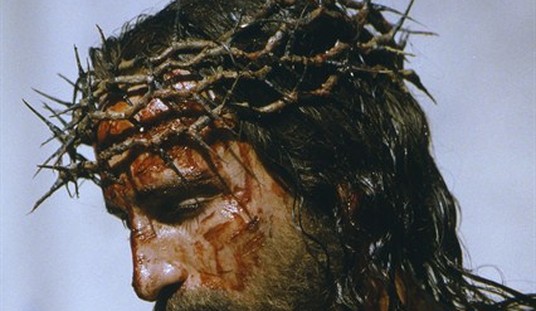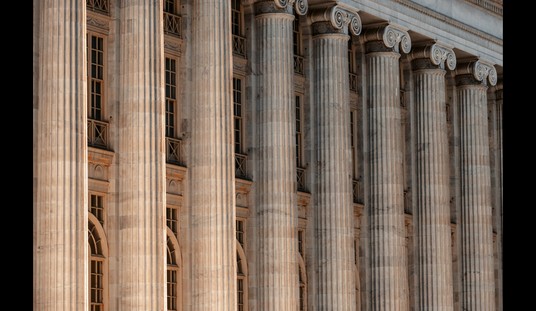
During an interview, broadcast on today’s edition of CBS’ “Face the Nation,” Henry Kissinger said that President-elect Donald Trump “has the possibility of going down in history as a very considerable president.”
As Face the Nation host John Dickerson said during his introduction to the Kissinger interview, “few people know much as about foreign policy, especially as it pertains to Russia” as does Kissinger. He served as National Security Advisor and as United States Secretary of State in the administrations of presidents Richard Nixon and Gerald Ford. Kissinger also received the 1973 Nobel Peace Prize for his actions negotiating an unsuccessful cease fire in Vietnam.
Kissinger, like most members of the commentariate, didn’t see Trump winning:
DICKERSON: What’s your feeling now about president-elect Donald Trump?
KISSINGER: I had not thought of President Trump as a presidential candidate until he became a presidential candidate. And the first appearances, I thought it was a transitory phenomenon. But I give him huge credit for having analyzed an aspect of the American situation, develop a strategy (AUDIO GAP) against his leadership of his own party and prevailing. Now his challenge is to apply that same skill to the international situation.
The very “considerable president” comment came in response to Dickerson following up about how Kissinger how he sized up the President-elect:
DICKERSON: You told Jeffrey Goldberg of “The Atlantic” that, with Donald Trump, it could create opportunity, but also serious dislocation. What’s your assessment now on that?
KISSINGER: Donald Trump is a phenomenon that foreign countries haven’t seen. So it is a shocking experience to them that he came into office, at the same time, extraordinary opportunity. And I believe he has the possibility of going down in history as a very considerable president, because every country now has two things to consider, one, their perception that the previous president or the outgoing president basically withdrew America from international politics, so that they had to make their own assessment of their necessities, and, secondly, that here is a new president who is asking a lot of unfamiliar questions.
And because of the combination of the partial vacuum and the new questions, one could imagine that something remarkable and new emerges out of it. I’m not saying it will. I’m saying it’s an extraordinary opportunity. [Emphasis added]
Dickerson also asked Kissinger about what he thought about Trump’s emerging foreign policy vision and his lack of governmental experience:
KISSINGER: I think he operates by a kind of instinct that is a different form of analysis as my more academic one, that he’s raised a number of issues that I think are important, very important and, if they’re addressed properly, could lead to — could create results. . . . A president has to have some core convictions. He couldn’t get those from advisers. But he also cannot possibly know everything. It’s in the nature of the presidency that most of the people you meet want something. So, to get objective advice is hard, but that depends very much on the personality of the president.
You can watch the discussion in the following video clip:
Dickerson also asked Kissinger what he thought of Vladimir Putin whom he has met a number of times. In response, Kissinger said Putin is a character out of Dostoyevsky — a man with a great sense of connection, inward connection to Russian history as he sees it. And he is a cold calculator of the Russian national interests as he conceives it, and which he believes, probably correctly, has some very unique features.












Join the conversation as a VIP Member